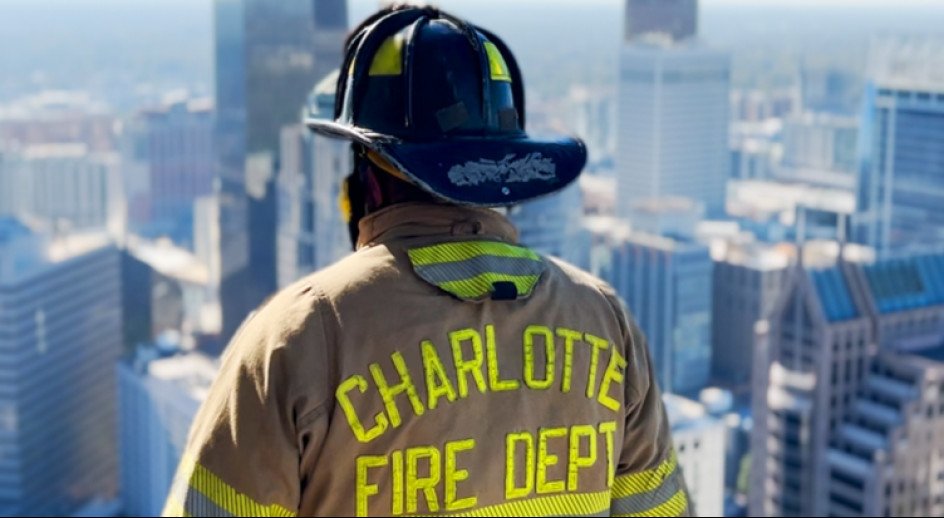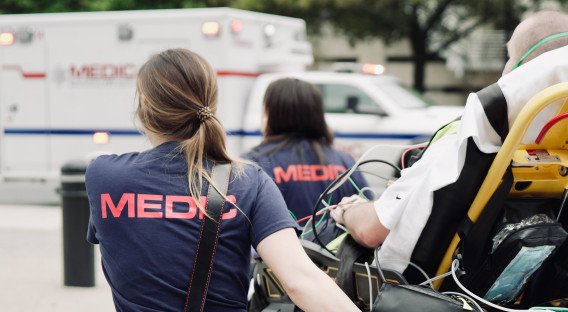Asking for Help Isn't Weakness - It's the Ultimate Act of Courage
Every day, Veterans and First Responders face intense pressure and repeated exposure to trauma. Whether it is combat or responding to emergencies, these experiences can leave lasting scars.
Nearly 1 in 5 first responders report experiencing PTSD.
Suicide is the 2nd leading cause of death for Veterans under 45.
38% of Veteran Spouses and 21% of First Responder Spouses report experiencing symptoms of secondary trauma.
Yet, so many suffer in silence. Those who have served or are currently serving often experience shame or guilt when seeking mental health treatment, feeling as if they are letting down their team or aren't strong enough. This leads to silent suffering, resulting in depression, anxiety, PTSD, aggressive behaviors, and substance abuse.
But, there's HOPE. No one should fight this battle alone.
Serving Those Who Serve
HopeWay offers evidence-based treatment for Veterans & First Responders struggling with a variety of mental health conditions through individual psychiatric and therapeutic care, group therapy and integrative therapies including art therapy, pet therapy, recreational therapy, and more. We have Residential (24/7), Partial Hospitalization (5 days per week) and Intensive Outpatient (3 days per week) programs available depending on the individual’s needs. Our specialized expertise is proven to help Veterans & First Responders find the hope and healing they deserve.
Veteran and First Responder Services
Residential Treatment
-
24/7 care
-
Private bedrooms & bathrooms
-
Individual sessions with a psychiatrist and therapist specializing in Veteran/First Responder mental health
-
Group therapy mixed with civilians
-
Integrative therapies including art therapy, pet therapy, recreational therapy, and more
-
Break-out psychotherapy groups specific for Veteran/ First Responder clients
-
Therapeutic programming on the evenings and weekends

Full-Day Treatment Program
-
Monday – Friday 9:00 – 4:00
-
Individual sessions with a psychiatrist and therapist specializing in Veteran/First Responder mental health
-
Group therapy mixed with civilians
-
Integrative therapies including art therapy, pet therapy, recreational therapy, and more
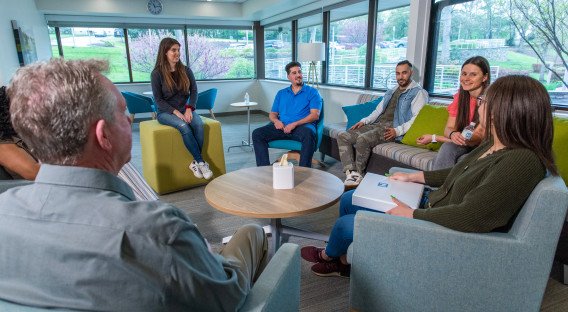
Partial-Day Treatment Program
-
VIRTUAL IOP OPTIONS
-
MORNING TRACK: Monday, Wednesday, Friday | 9 AM - 12 PM
-
AFTERNOON TRACK (new!): Monday, Wednesday, Thursday | 3 PM - 6 PM
-
-
IN-PERSON OPTION
-
EVENING TRACK: Monday, Wednesday, Thursday | 6 PM - 9 PM
-
-
Group therapy mixed with civilians
-
Integrative therapies including art therapy, pet therapy, recreational therapy, and more
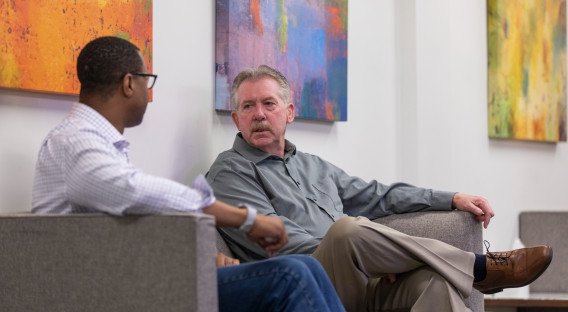
Outpatient Practice
HopeWay Psychiatry & Associates is an outpatient private practice offering personalized psychiatric and clinical care via one-on-one in-person or telepsychiatry appointments. As an expert in Veteran and First Responder mental health, Dr. Johnson is now taking new outpatient clients.
Visit https://hopeway.org/psychiatryassoc to schedule an appointment.
HopeWay Psychiatry & Associates is in-network with:
-
Aetna
-
BlueCross BlueShield
-
Cigna (Evernorth Behavioral Health)
-
Tricare/Humana Military
-
United Healthcare
Please note: Certain policies under these providers may not be in-network. We strongly encourage you to contact your insurance provider to verify coverage
 (1)_s_sm.jpg)
88%
of Veterans and first responders with PTSD experienced clinically significant reductions of PTSD symptoms at discharge.
100%
100% of Veterans and First Responders showed improvement in depression and anxiety


Did You Know?
Reduction in PTSD Symptoms
88% of Veterans and first responders with PTSD experienced clinically significant reductions of PTSD symptoms at discharge.
Did You Know?
Reduction in Depression and Anxiety
100% of Veterans and First Responders showed improvement in depression and anxiety
Review more outcomes in our latest Outcomes Report
View Outcomes ReportTherapies
Treatment involves a combination of evidence-based treatments and therapeutic modalities.
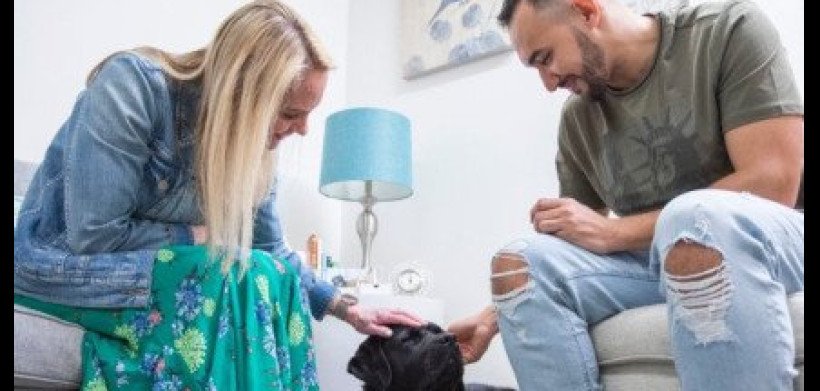
Diagnoses
HopeWay is designed to treat adults, 18 years of age or older, who are experiencing one or more of the following diagnoses:
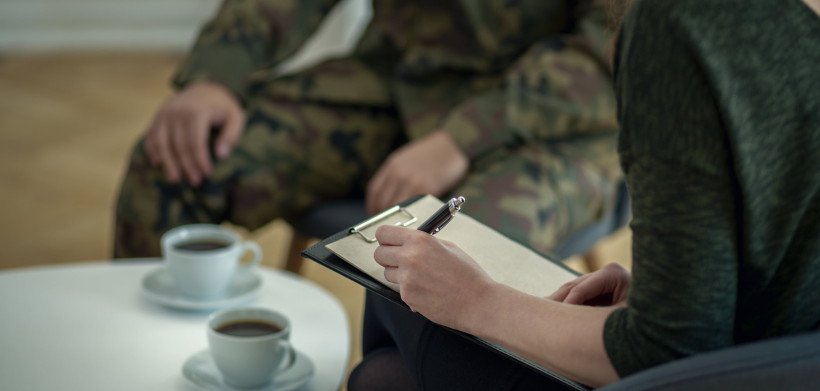
Meet The Team
Our team is comprised of highly-qualified, caring physicians and mental health professionals who specialize in Veteran & First Responder mental health treatment and are committed to meeting the client's needs and goals.

Justin Johnson, MD, DFAPA
Psychiatrist - Director of Veteran & First Responder Services
Meet Dr. Johnson

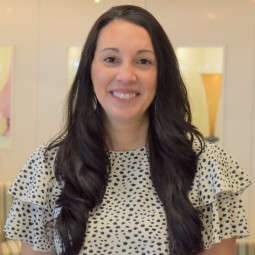
Admissions & Insurance Information
Criteria for AdmissionFrequently Asked Questions
How much does treatment cost for the Veteran or First Responder?
For Veterans using the VA Community Care program, VA benefits cover the cost of treatment. For Veterans & First Responders using private insurance, the cost is dependent on each individual insurance plan. Some clients need to or choose to pay out of pocket. Clients who are paying out of pocket are encouraged to apply for financial assistance, and eligibility is determined through an application process.
VA Community Care Provider and currently in-network with:
- Aetna
- Blue Cross and Blue Shield of North Carolina (and its affiliates)
- Carolina Behavioral Health Alliance
- Cigna Behavioral Health
- Magellan
- MedCost
- United Behavioral Health
How does the VA Community Care Provider process work?
The MISSION Act allows Veterans to request to be seen by a community provider outside of the VA. There are six criteria that can qualify a Veteran to receive community care. Veterans only need to meet one of these to be eligible. View criteria here.
What is the typical amount of time in treatment for a Veteran or First Responder?
The average length of stay is 4 – 6 weeks.
What diagnoses do you treat?
Our Veteran & First Responder mental health services are designed to treat a variety of mental health conditions including PTSD, depression, anxiety, bipolar disorder, acute grief, military sexual trauma (MST), personality disorders, psychotic disorders such as schizophrenia, difficulty coping, or other psychological stressors.
What is the clinical model of care?
HopeWay’s Veteran & First Responder Services include evidence-based therapies and treatment modalities. We offer all three of the most evidence-based trauma therapies including EMDR, Cognitive Processing Therapy and Prolonged Exposure Therapy, along with other evidence-based modalities to treat various psychiatric conditions besides PTSD. The therapist and client will decide the most appropriate modality based on the individual's symptoms, history, and goals. In the Residential and Partial Hospitalization Programs, clients meet weekly with a psychiatrist and therapist who specialize in Veteran/ First Responder mental health. Along with individual appointments, Veterans & First Responders participate in robust group and integrative therapies (art, music, horticulture, health & wellness, recreation, pet therapy and meditation).
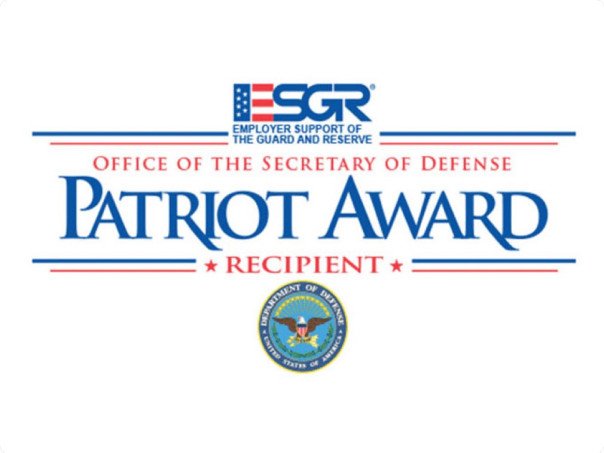
Dr. Kuroski-Mazzei receives the Patriot Award
Alyson R. Kuroski-Mazzei, DO, DFAPA, FASAM, CEO & Chief Medical Officer was awarded the “Patriot Award” by the Employer Support of The Guard and Reserve (ESGR), a Department of Defense office.
Read MoreWe Love Our Clients
Client Stories
